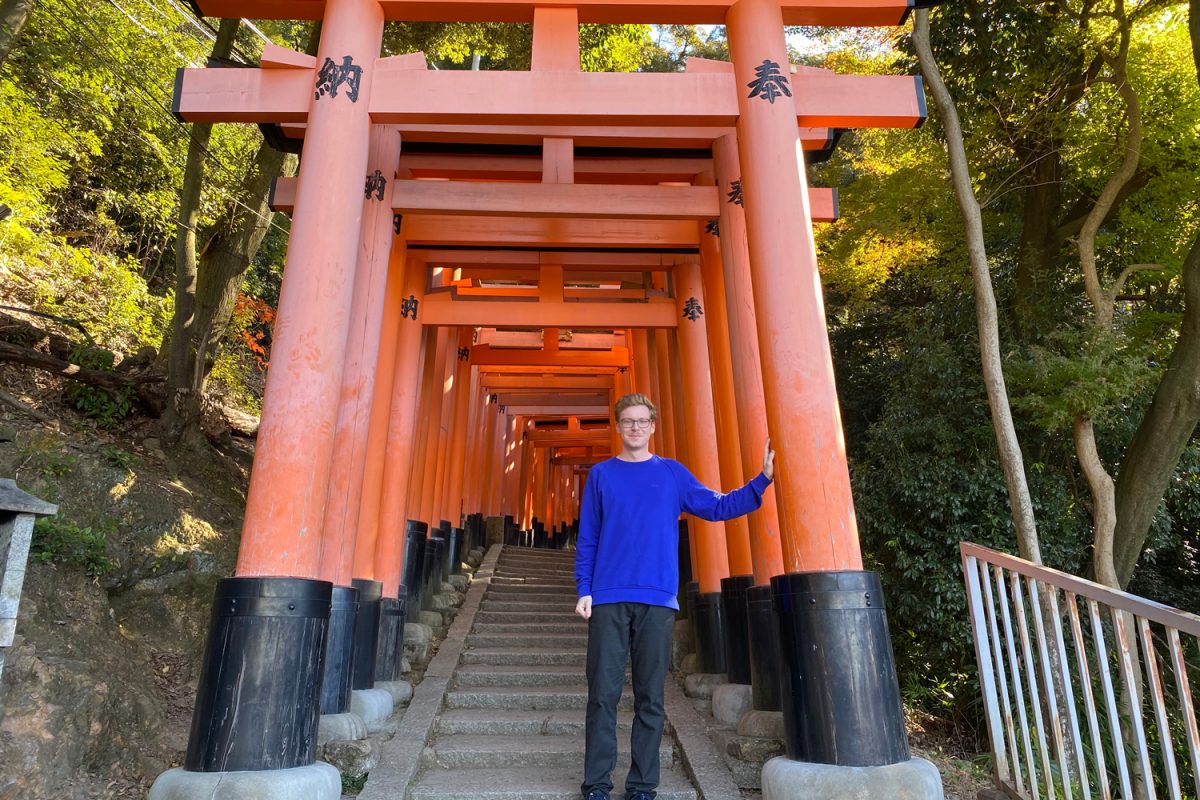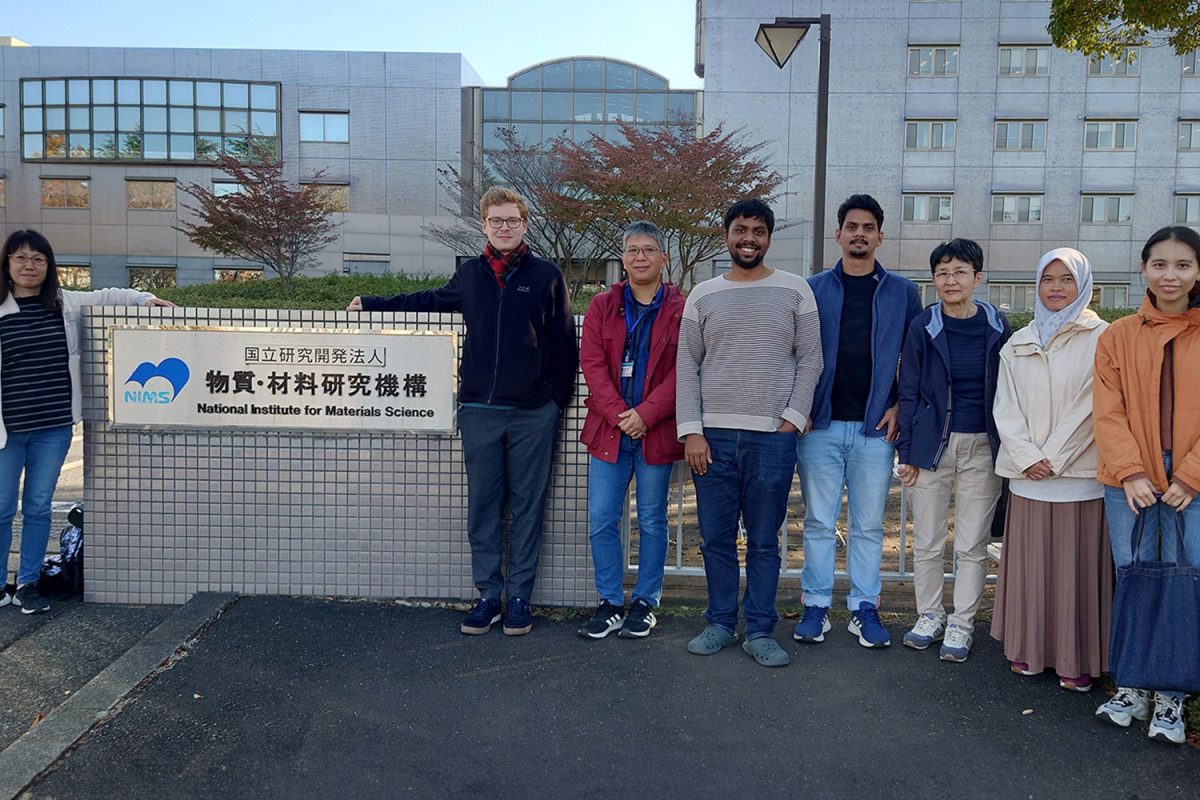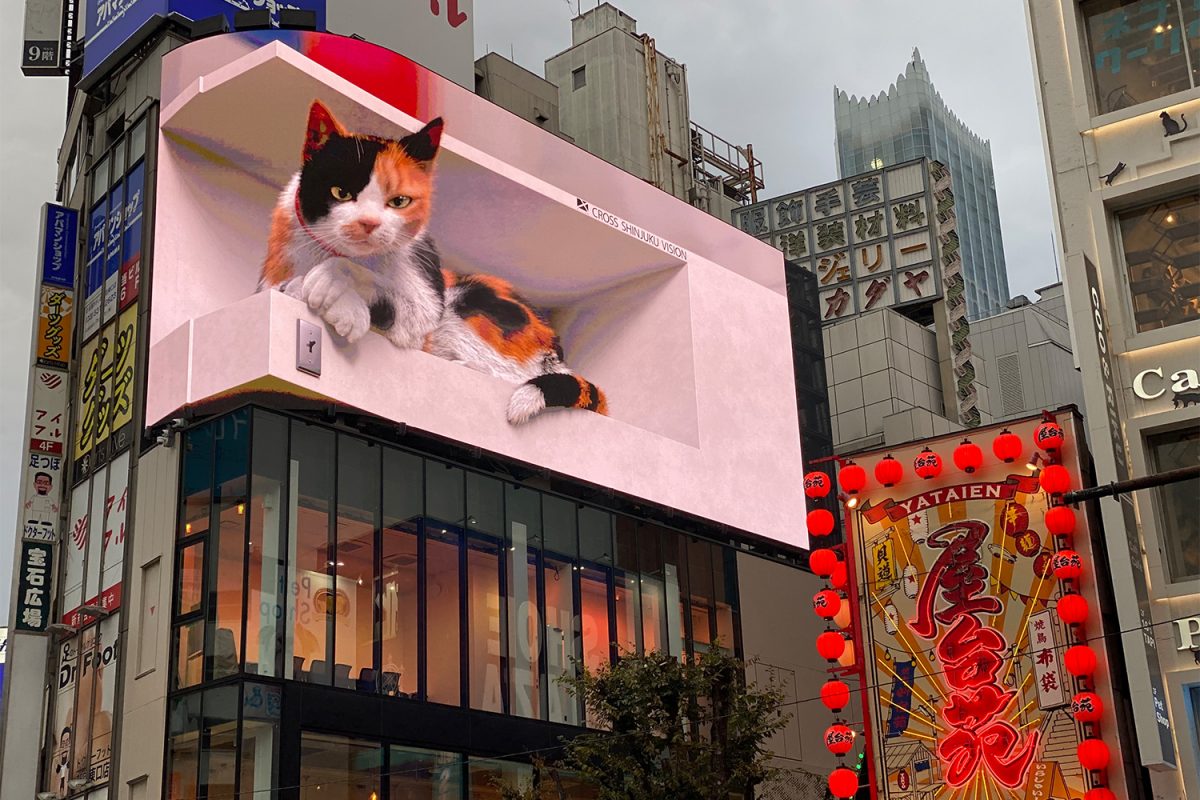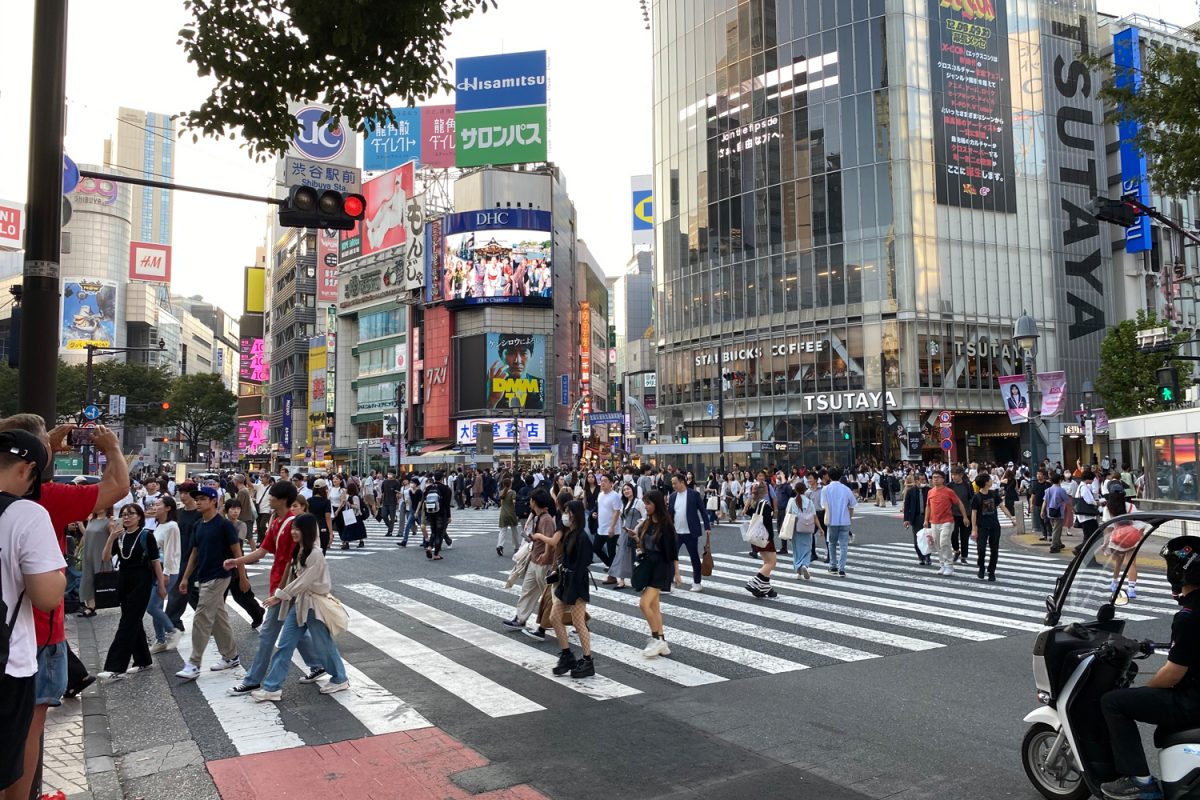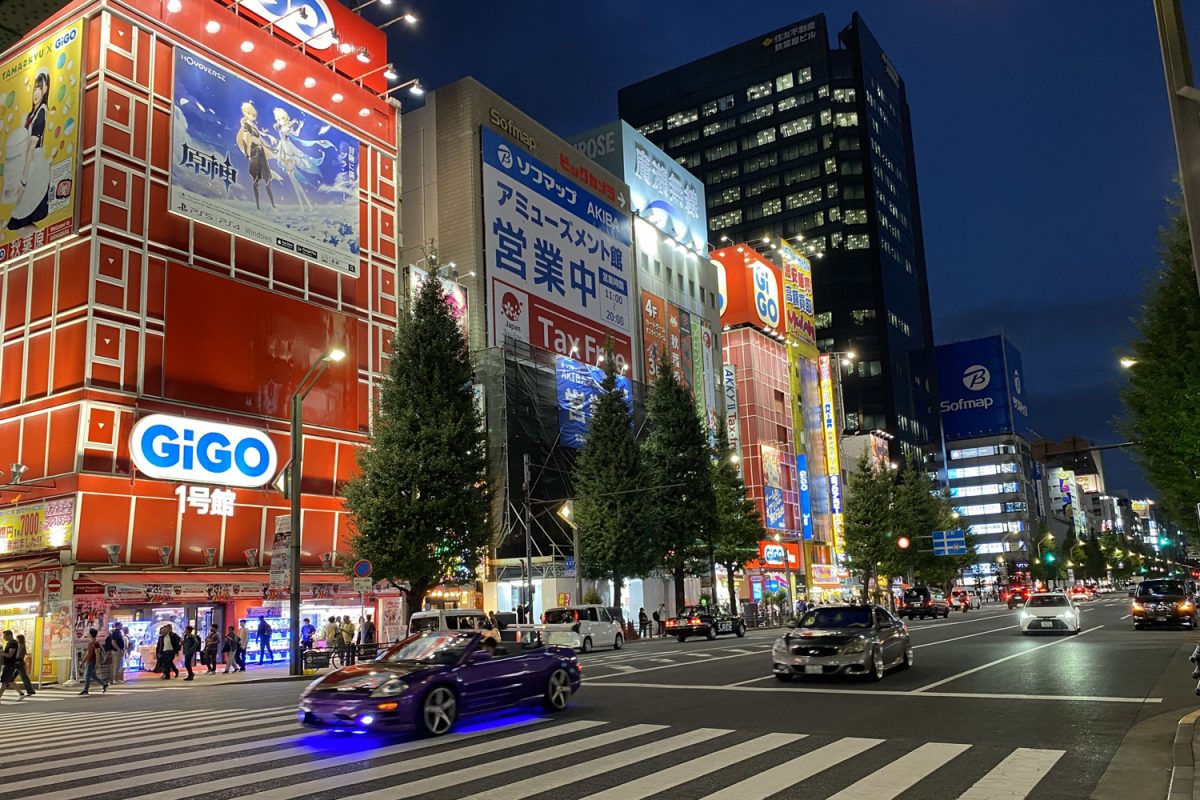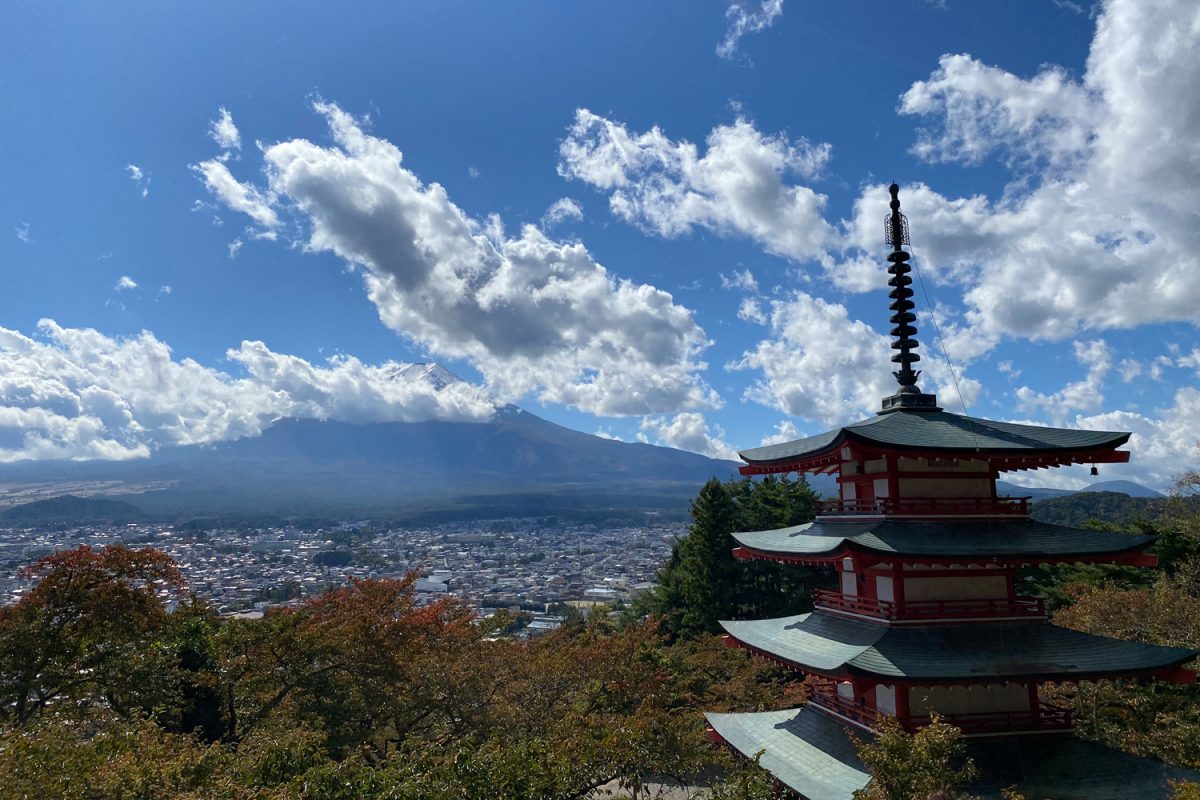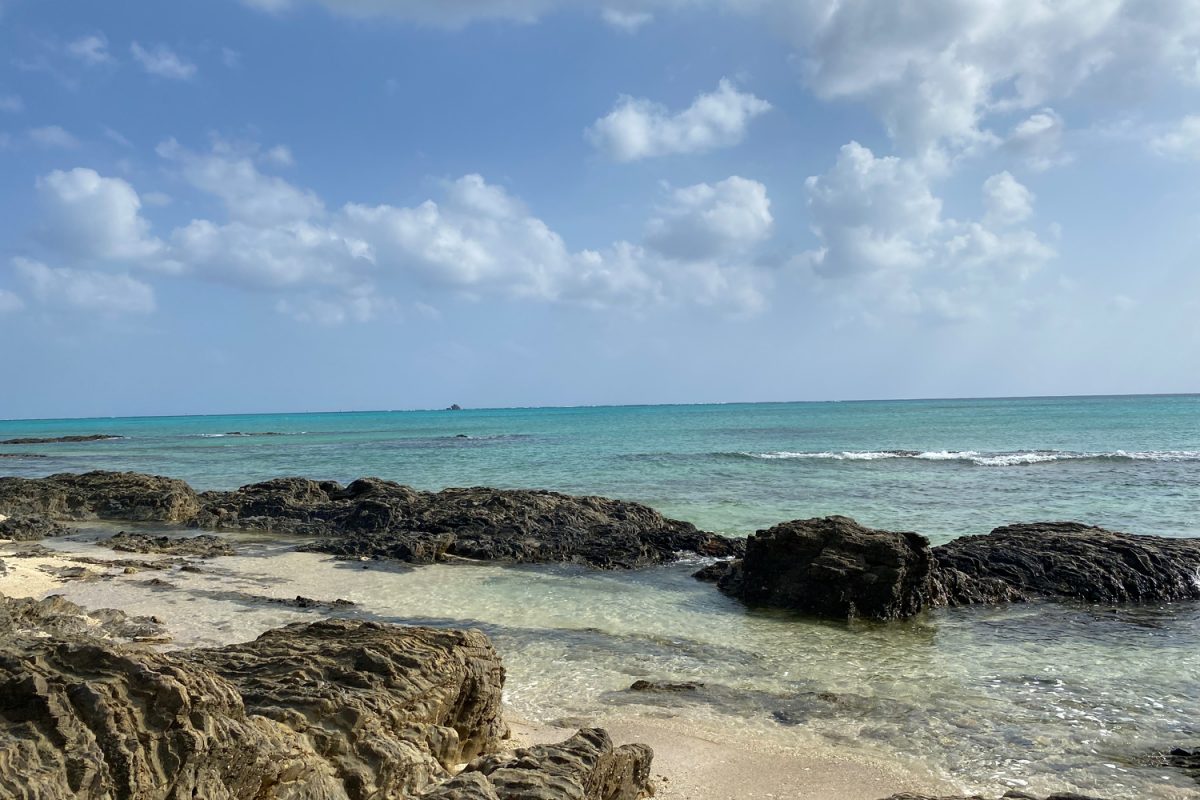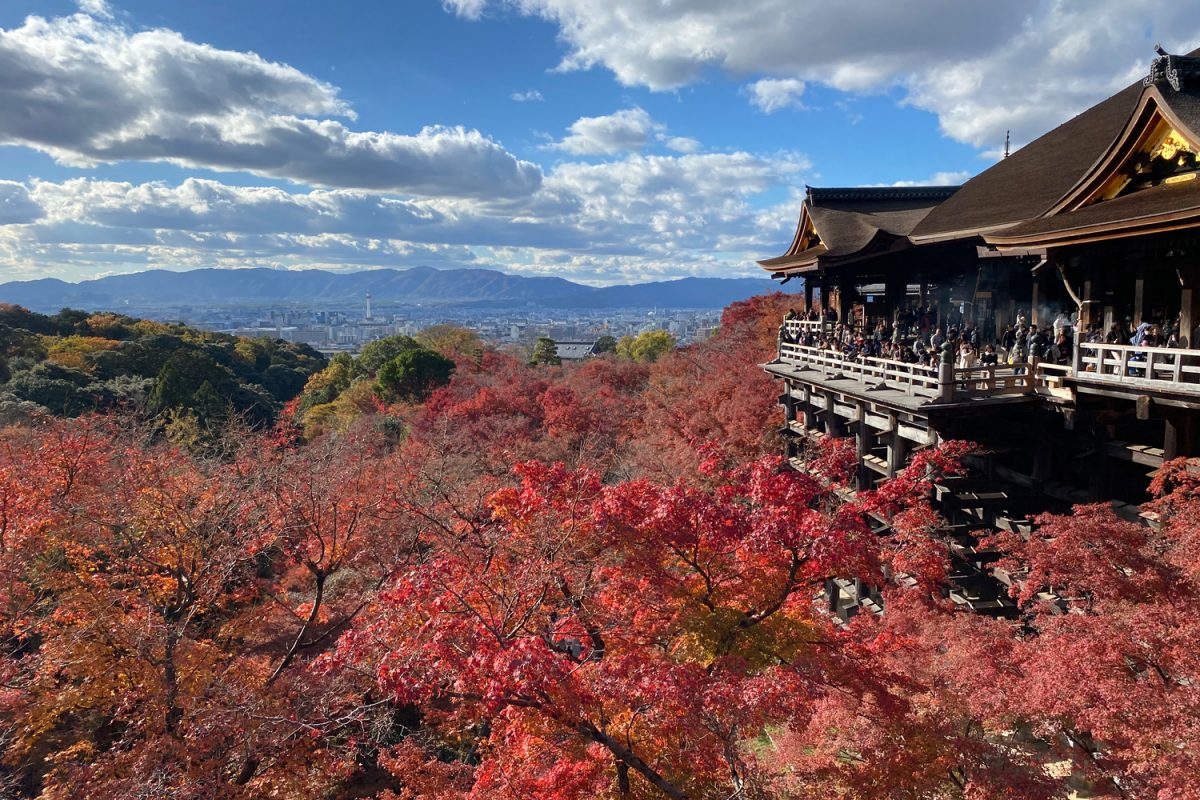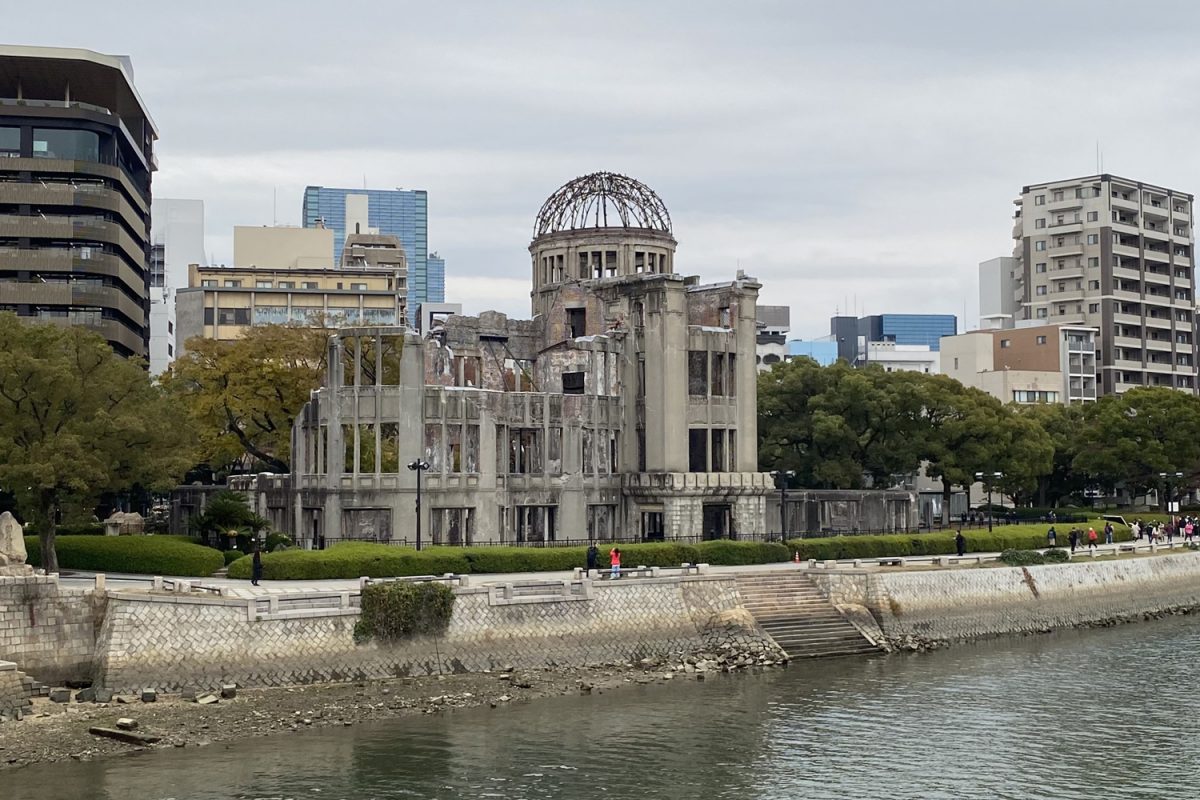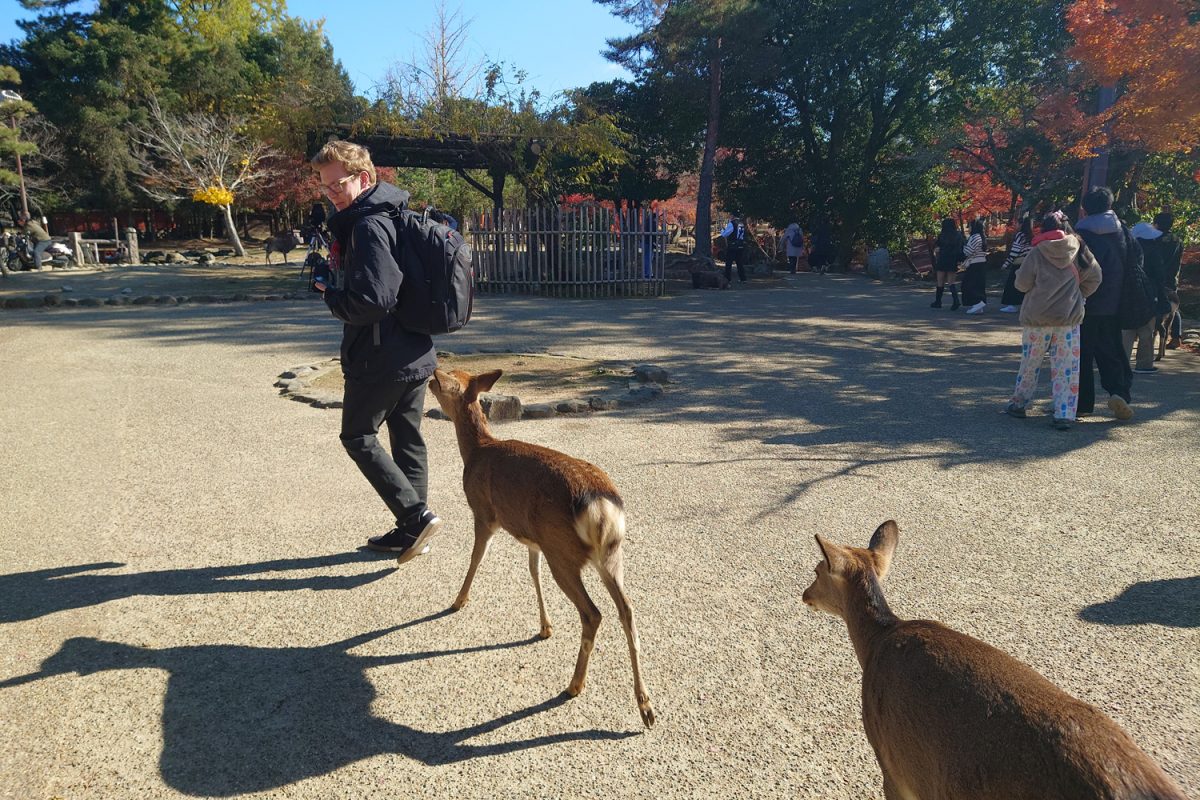Mail from … Japan Master’s student Dennis Kühn talks about his stay abroad in Tsukuba
General Information
This is where I live at the moment:
In Tsukuba, in the Ibaraki Prefecture in Japan.
That’s what I’m doing in Tsukuba:
I am doing a research internship here, which is part of my third semester of the Master’s degree programme in Chemistry at TU Braunschweig. It is comparable to a Bachelor’s thesis: you spend about three months researching a chemical project and at the end, you give a presentation and submit a written report.
I completed my research internship in the field of materials chemistry with Professor Henning Menzel at the Institute of Technical Chemistry at TU Braunschweig, in collaboration with Dr. Chiaki Yoshikawa at the National Institute for Materials Science (NIMS) in Tsukuba, Japan. The topic was the chemical modification of the biopolymer chitosan, which occurs naturally in fungi, for example. Chitosan can be spun into nanofibers using electrospinning, which can then be used in tissue engineering or wound care after some further chemical modifications.
My stay abroad takes…:
… about 3 months. I spent the majority of that time at NIMS in Tsukuba. The NIMS has its own internship programme, which awards around 100 scholarships to international students every year. This allows students to conduct research as part of a work group at NIMS. The scholarship includes accommodation in Japan and a small monthly allowance. There are no tuition fees at NIMS, because it is a research institute. However, tuition fees are common at Japanese universities and can amount to several thousand euros.
Dr. Yoshikawa had already been a guest researcher at TU Braunschweig prior to my stay in Japan, which meant that I was able to get to know her personally in Germany. Thanks to the extensive support from Professor Menzel and Dr. Yoshikawa, organising the stay from Braunschweig was comparatively easy. As a German citizen, you don’t need a visa for a stay in Japan of less than 90 days, which made the organisation much easier for me.
That’s why I decided to go abroad:
It was always important to me to gain experience abroad during my studies. The opportunity to live in a foreign culture for a short period of time and work in research there is something you probably don’t get too often after your studies. As both TU Braunschweig and the German academic landscape in general are well networked internationally, I was glad to take this opportunity. To me, Japan is a particularly attractive country for a research stay due to its fascinating culture and excellent academic research institutions.
The research internship in the Chemistry Master’s programme can be organised quite flexibly, which is why I think it is well suited to a stay abroad. Since I wanted to complete my research internship in the field of materials chemistry and since the opportunity in Japan arose thanks to Professor Menzel’s personal contact, I took the opportunity without much hesitation. In retrospect, I definitely have not regretted it.
Local life
This is how I live in Japan:
The city of Tsukuba is roughly the size of Braunschweig, and a few decades ago it was expanded by the government specifically to accommodate the national research institutes. Compared to other Japanese cities, Tsukuba is relatively young and strongly focussed on research. Although this makes the city quite international by Japanese standards, it is also known for being comparatively quiet and perhaps a little boring. However, Tokyo can easily be reached by train. It takes about 45 minutes to get to Akihabara station. I used this option almost every weekend.
I lived in a building designed especially for foreign researchers. I had my own small flat there, with everything I needed for everyday life. The hall of residence is located in the immediate vicinity of NIMS, but also houses researchers for example from the Japanese space institute JAXA, which is also based in Tsukuba.
What makes studying and researching in Japan different from studying and researching in Germany?
The academic level is comparable to Germany, but the technical equipment at the institute is often better than any I have experienced at universities due to the more generous research funding. The work atmosphere is characterised by the utmost helpfulness, especially among the technical staff. If you ask someone for help, they immediately drop everything and will not leave until the problem has been solved. That really impressed me.
On the other hand, Japanese work culture is very hierarchical. The academic position at the institute is a decisive factor in dealing with each other. Professors in particular are treated with reverence and the utmost respect by Japanese students. They often don’t even dare to talk to professors without being asked.
Problems tend not to be discussed openly and rules are not scrutinised in their meaningfulness. In addition, Japanese working days are often much longer than in Germany. People are often still working in the office or laboratory at 8 or 9 pm.
Particularly typical for the country I’m staying at is:
The cleanliness in Japan is really impressive. There is no graffiti on the walls, all public toilets are clean (and high-tech) and, despite the lack of rubbish bins in public places, there is no litter anywhere – this already surprised me pleasantly when I first arrived. Furthermore, all trains and flights were punctual without exceptions. Everyday society seems to function absolutely seamlessly, even in a metropolis of millions like Tokyo.
Japan is an interesting mix of very old traditions and modern technology. There are still many very old houses, especially in rural areas, and there is a well-kept temple in almost every village. Digitalisation has not yet found its way into these areas. Fax and paper are still frequently used. Apps or other such tools are hardly used in everyday life here. You should also always have some cash with you, as many smaller shops do not accept card payments. In this regard, Japan and Germany are similar in many aspects.
On the other hand, the urban infrastructure in Japan is much more modern than in Germany. Large cities such as Tokyo, Osaka and Kyoto in particular are much cleaner and have better public transport systems compared to large German cities. In addition, modern robots are used, for example, for cleaning tasks, and in smaller restaurants you order using a machine.
That’s what I learned here in the first three days:
When I tried the water from the tap at my airport hotel, I quickly realised that I would probably have to buy drinking water. The water is undoubtedly safe to drink, but it contains a lot of chlorine. Many Japanese people therefore filter their water before drinking it. Fortunately, there are vending machines on every corner, even in the smallest villages, where you can buy drinks for a fair price.
I also learnt that convenience stores in Japan are an essential place to turn to, especially for foreigners. Whether you want to withdraw money, quickly find something fresh to eat or lack something in the household – the convenience store has everything you need and is open 24/7. You can also heat up the food you buy directly in the stores and then sit down to eat within the store. During my internship, I got to know a Dane who works as a postdoc in Tsukuba. He even pays his rent, insurance and flight tickets in the convenience stores.
The biggest challenge during my stay has been:
I was aware from the start that it was unrealistic to learn Japanese in the few months before my trip, even though I took part in a language course at TU Braunschweig. When I saw on site that the software for some of the measuring instruments was exclusively in Japanese, that was difficult at first without help. However, the Google translator with its camera function was often able to help me with simpler language problems.
In everyday life, however, the language was far less of a problem than I had expected. Although hardly anyone speaks English, many signs are written in English and Japanese, even in small villages. And if there are any problems, the Japanese are extremely helpful and lenient.
That’s what I will take home with me:
I was very fortunate that my supervisor was not only interested in my research in her work group, but also in my enjoyment of Japan as a country. She organised many day trips and weekend excursions with me, and I was able to see a lot of the country. Especially the trip to the Japanese tropical island of Okinawa and the visit to the research facilities there were highlights. I was also able to visit Kyoto in autumn. The blaze of colours of the autumn trees and the many historic buildings make Kyoto the most beautiful place I have ever seen. A very moving experience was the visit to Hiroshima and the Peace Museum there, where I was able to meet a survivor of the atomic bomb attack.
In addition to the research data and lots of Pokémon souvenirs, I’m taking many great impressions of Japanese nature and culture back to Germany with me. I will definitely miss the good restaurants, the cleanliness, and the safety in Japan. I absolutely want to return to Japan soon and travel to the north of the country.
Good to know
This is a local dish you definitely have to try:
Sushi in Japan is definitely very different to that in Europe. I never saw avocado or anything similar there, for example. Many different types of fish and seafood are used for sushi that are not available in Germany. For example, uni sushi (sea urchin) is an absolute delicacy that you should try if you are a sushi fan in Japan. The fresh bluefin tuna is also incredibly good and I can definitely recommend it, whether served as sashimi or sushi.
I also had the opportunity to try puffer fish. The fish is deadly if prepared incorrectly and may only be prepared by licensed chefs. In Europe, eating puffer fish is forbidden, but in Japan it is traditionally a delicacy. It is definitely something special, but I can’t necessarily recommend puffer fish. The fish is very tough and almost tasteless.
What are the blunders to avoid in Japan?
In Japan, there are countless social rules and norms that should be adhered to. For example, you should never stick chopsticks into rice (a ritual at funerals in Japan), never point chopsticks directly at someone, never pass food directly from chopstick to chopstick (also a funeral ritual) – and these are just a few of the eating rules. However, if you look at the behaviour of the Japanese, you will learn most of this on your own over time.
When you visit Japan, you will inevitably commit a lot of small social blunders. This is unavoidable. However, the Japanese do not take offence. If in doubt, they will politely point out a mistake, but as a foreigner you will be treated with leniency. If you follow the social rules as well as possible, it is more likely to be noticed positively.
But there is one important rule you should always follow: When you visit someone, you should take off your shoes. Almost all houses have a small step at the entrance that should not be crossed with shoes.
This is a tip I give to other students who want to go abroad:
In any case, I recommend integrating a stay abroad into your studies. You won’t get the opportunity to spend a long time abroad in this way very often after graduation. Especially because universities offer good support for stays abroad with Erasmus+ and various scholarships. Many professors are also interested in maintaining their contacts abroad and help interested students to organise a stay at partner institutes. However, an important prerequisite that you should bring with you are sufficient English language skills. I can only warmly recommend a stay abroad!

